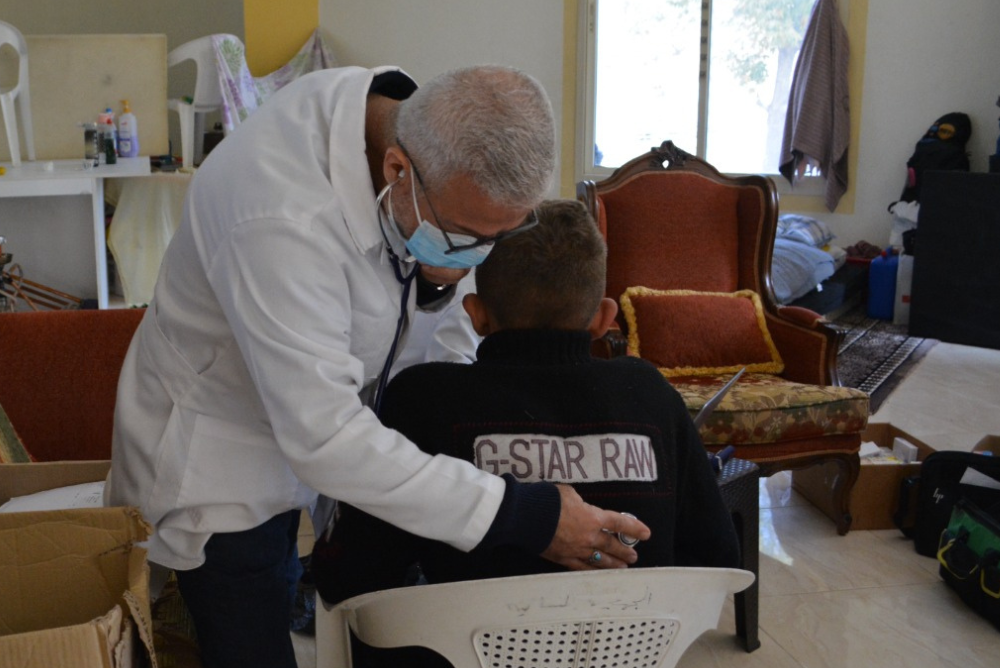After two months since the sharp escalation of violence against Lebanon, the situation keeps deteriorating: Amel International Association Emergency Response Weekly Operational Update
After two months since the sharp escalation of violence launched by the Israeli army, the situation keeps deteriorating: the past two weeks, in particular, have underscored the aggressive and relentless nature of these attacks. While the South and the Bekaa Valley are subjected daily to evacuation orders—sometimes affecting entire villages—followed by continuous bombardments, the southern suburbs of Beirut have also experienced similar attacks. On Sunday, November 24 alone, more than 15 evacuation orders were issued.
The center of Beirut has also become a target of violent attacks in recent weeks, with residential neighborhoods like Basta and Ras El Nabaa enduring increasingly intense strikes. On the night of November 22, at 4:00 a.m., an airstrike hit the Basta neighborhood for the second time in two weeks, without any prior evacuation order, resulting in at least 29 deaths and 66 injuries, according to the Emergency Operations Center of the Lebanese Ministry of Health.
As of November 24, the reported casualties since the start of the Israeli aggression on Lebanon are as follows: a total of 3,754 people have been killed, and 15,626 injured. The actual number of casualties is difficult to ascertain, as the total continues to rise daily due to the ongoing aggression in the South, Bekaa Valley, and Beirut areas.
Health infrastructure is still under severe pressure and targeted by attacks. Since October 8, 2023, there have been 137 reported attacks on healthcare facilities, resulting in 226 healthcare worker deaths and 199 injuries while on duty1. By November 21, 133 primary healthcare centers and dispensaries had been forced to close.
This highlights the growing vulnerability of healthcare services as the humanitarian crisis deepens. Of the 1.2 million internally displaced Persons, over 193,000 are currently residing in 1,173 collective shelters, 981 of which are already at full capacity.
Amidst this crisis, Amel remains committed to its humanitarian response, focusing on delivering basic assistance, primary health services, and protection support to those affected by the conflict, including internally displaced Persons. In parallel, Amel emphasizes a coordinated and complementary response, collaborating with other partners through relevant government and United Nations-led structures.


